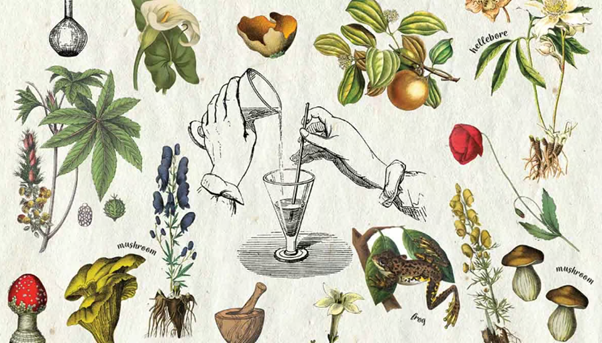Today I explain the idea of the « nature fallacy » , also known as « naturalistic fallacy » or « appeal to nature » . The nature fallacy lies on the assumption that something is « good/better », « beneficial » or « superior » because it is « natural ». Conversely, this assumes that what is unnatural is bad or wrong.
In the context of nutrition and diet, the nature fallacy can manifest in various ways. For instance, people might believe that certain foods or diets are superior simply because they are perceived as more natural or traditional. Conversely, they will reject synthetic or fortified food of the basis that they would be « unnatural ». This perspective overlooks the complexity of nutritional science and the fact that what is « natural » doesn’t always equate to what is optimal for health.
It is important to repeat that the natural state of things doesn’t imply superiority. In the realm of nutrition, what matters most is evidence-based research and understanding the nutritional composition of foods rather than making assumptions based solely on their perceived naturalness.

The « nature fallacy » is widespread in social media in debates and « advice giving » about the health an nutrition. Here is how you can spot it:
- Assuming natural is better: this suggests that if something is natural, it is automatically healthier, morally superior, or more desirable. An example is saying that organic foods are healthier than non-organic foods because they do not have pesticides or other chemicals (deemed « unnatural »), which may be potentially harmful to humans in large doses. Truth is some natural substances can kill you too. Another example is selling you « natural », totally unregulated, often useless, and potentially harmful health/food supplements.
- Rejecting the unnatural: this form of the fallacy involves rejecting or condemning something simply because it is perceived as unnatural. An example could be dismissing genetically modified organisms (GMOs) in agriculture without considering the potential benefits or risks based solely on the fact that they are modified. Note that sometimes vocal advocates for the « natural is better » largely consume « unnatural » food supplements….
- Idealising the past: Another manifestation of the nature fallacy involves idealising the past and assuming that things were better in a more « natural » state. This is often seen in discussions about food choices and lifestyle, where people argue that historical or ancestral diets are automatically optimal for modern health, without considering the cultural, environmental, and lifestyle differences. A typical example is the promotion of the Paleo diet.
By relying on scientific evidence and understanding individual dietary needs, a dietitian or registered nutritionist help you make informed choices about your nutrition, avoiding the nature fallacy and focusing on what is genuinely beneficial for your health and well-being.
If you have remarks or questions, I would love to hear from you.